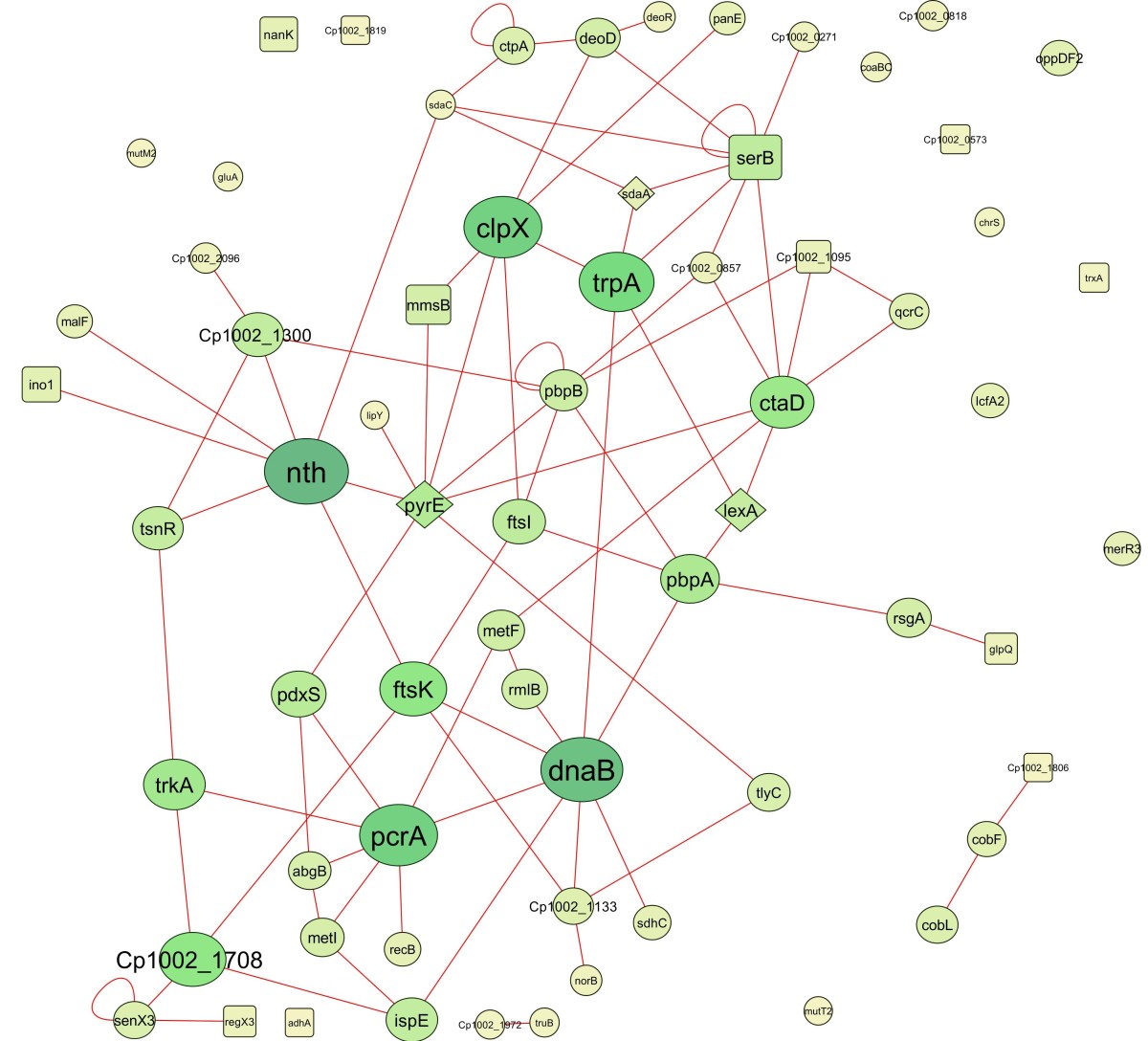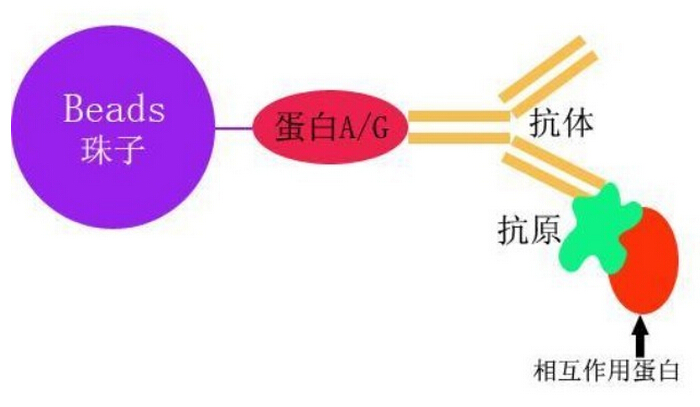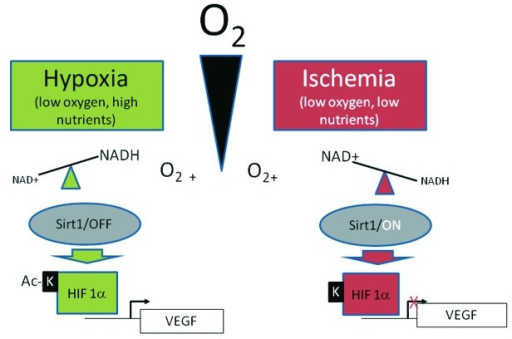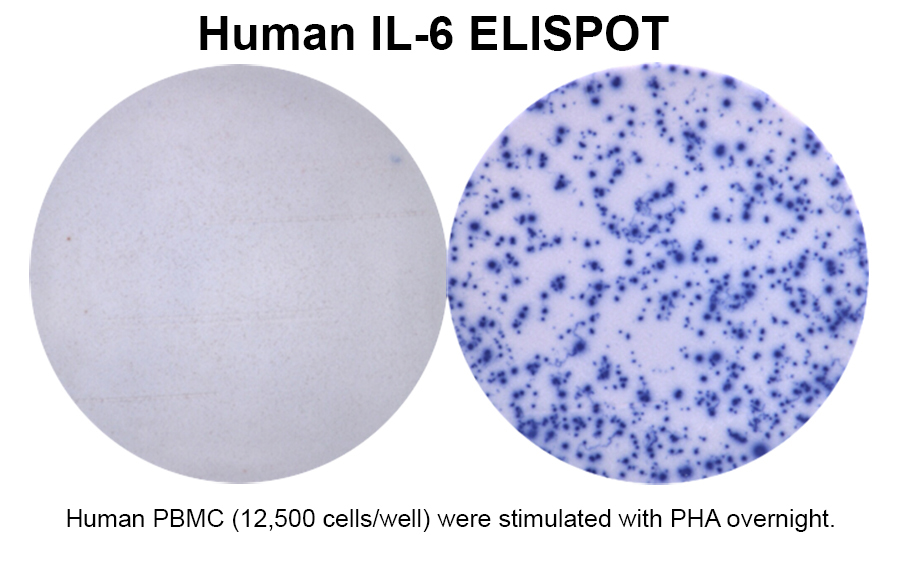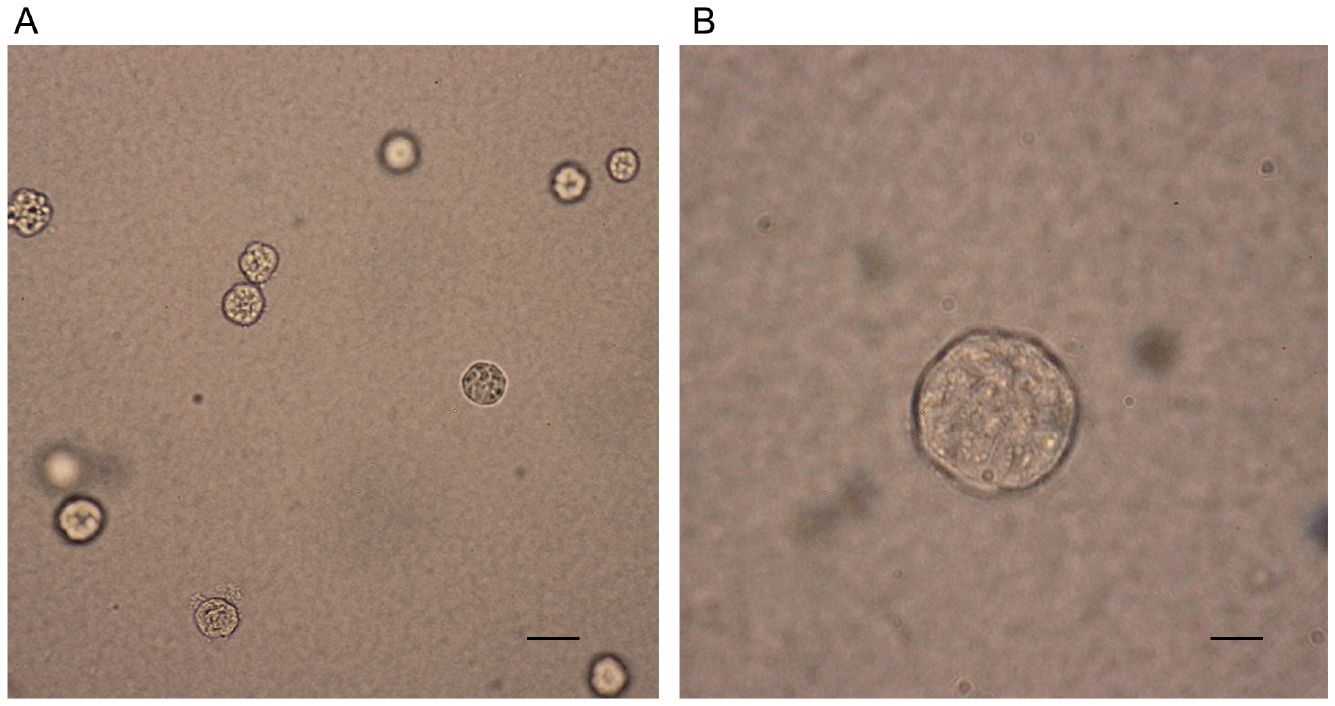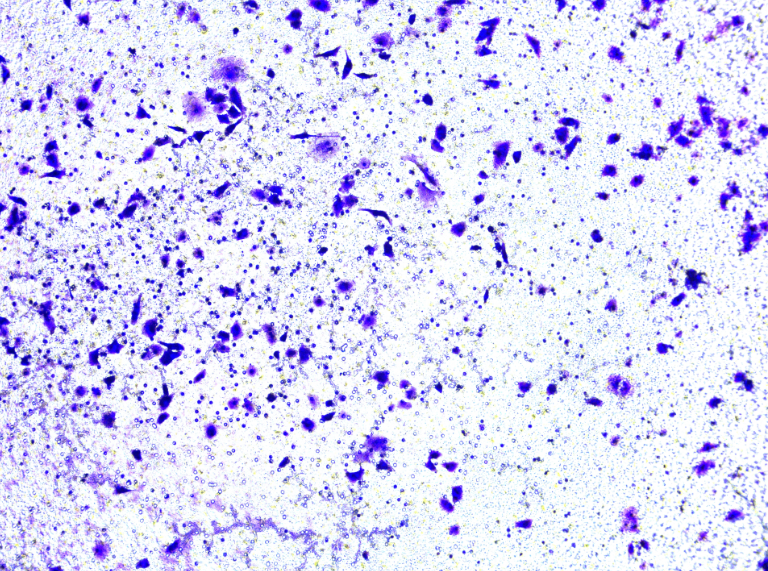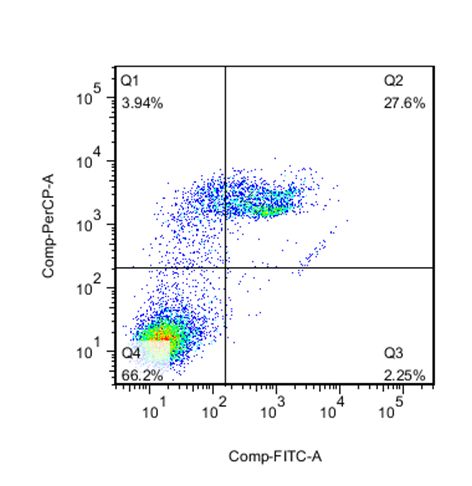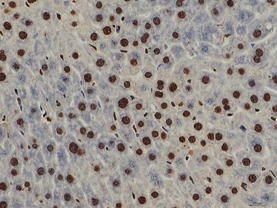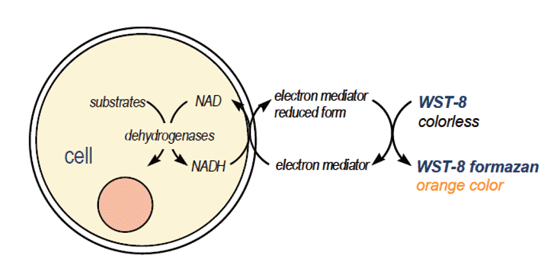Your Current Position: Technology service
Search
-
Protein mass spectrometry refers to the application of mass spectrometry to the study of proteins. Mass spectrometry is an important method for the accurate mass determination and characterization of proteins, which can used in Protein identification
-
Co-immunoprecipitation (co-IP) is a popular technique to identify physiologically relevant protein–protein interactions by using target protein-specific antibodies to indirectly capture proteins that are bound to a specific target protein.
-
In the 1980s, according to the basic principle of ELISA technology, foreign researchers established a solid-phase enzyme-linked immunospot technology for detecting specific antibody-secreting cells and cytokines-secreting cells in vitro.
-
The clonogenic or colony formation assay is a widely used method to study the number and size of cancer cell colonies that remain after irradiation or cytotoxic agent administration
-
Tumor metastasis is a multistep process involving cancer cell adhesion, cell migration and invasion into neighboring tissues and vasculature.
-
Flow cytometry is a technique used to detect and measure physical and chemical characteristics of a population of cells or particles. Flow cytometry is routinely used in basic research, clinical practice, and clinical trials.
-
The degree of apoptosis in a cell population is an important parameter, Many pathways and signals lead to apoptosis, but these converge on a single mechanism that actually causes the death of the cell,
-
TOPBIOTECH use MTT and CCK-8 to detect cell proliferation.
-
TOPBIOTECH adopts lipofection, calcium phosphate-DNA coprecipitation, electroporation transfection, adenovirus infection for transient transfection, and adopts Lentivirus infection method for stable cell transfection.

